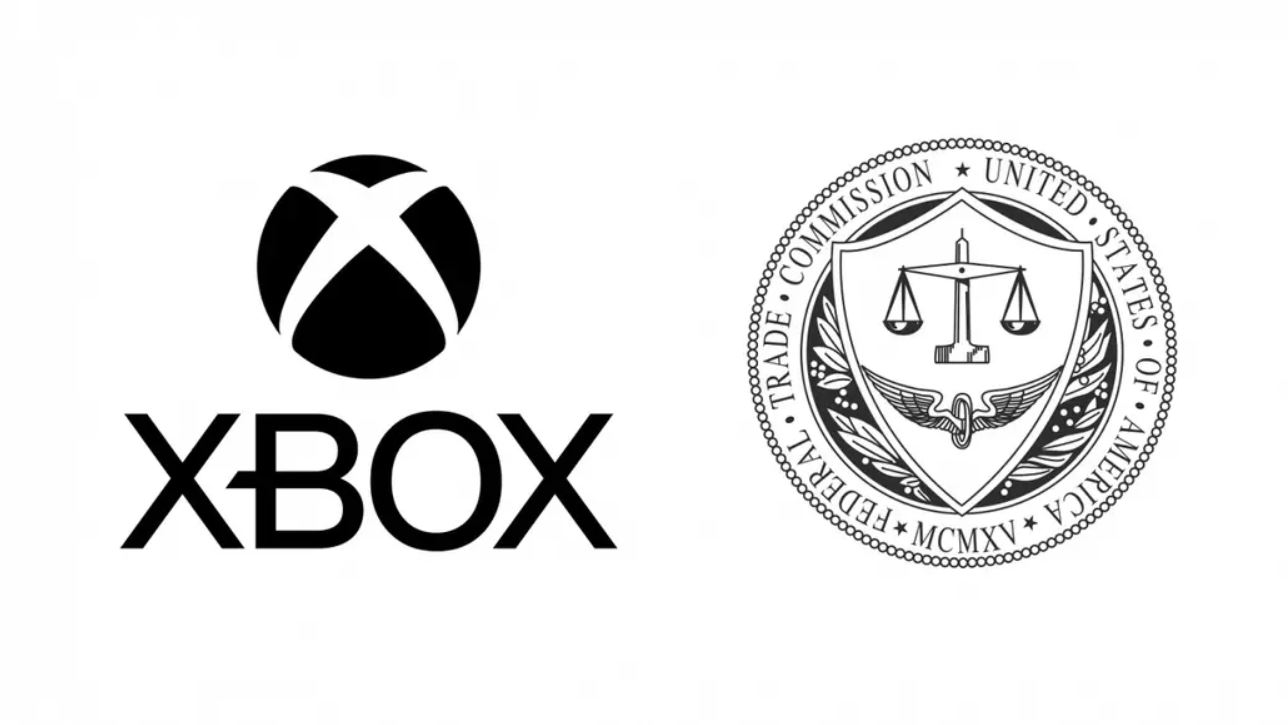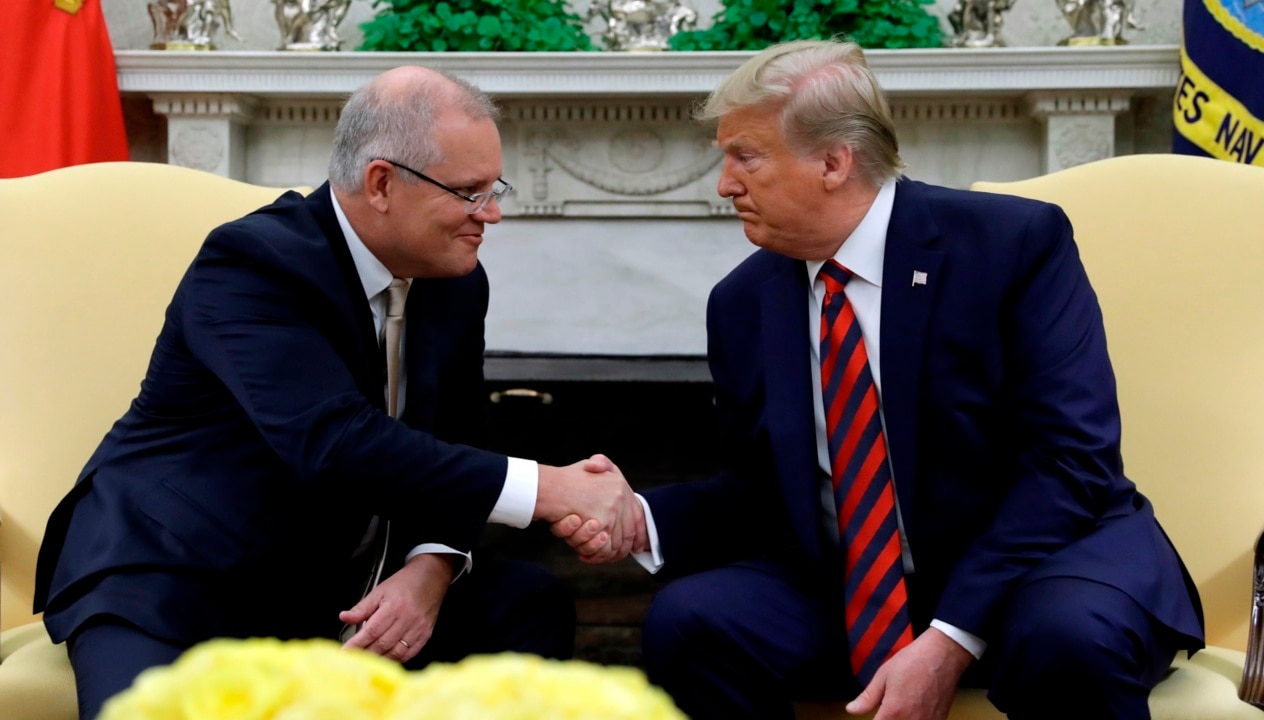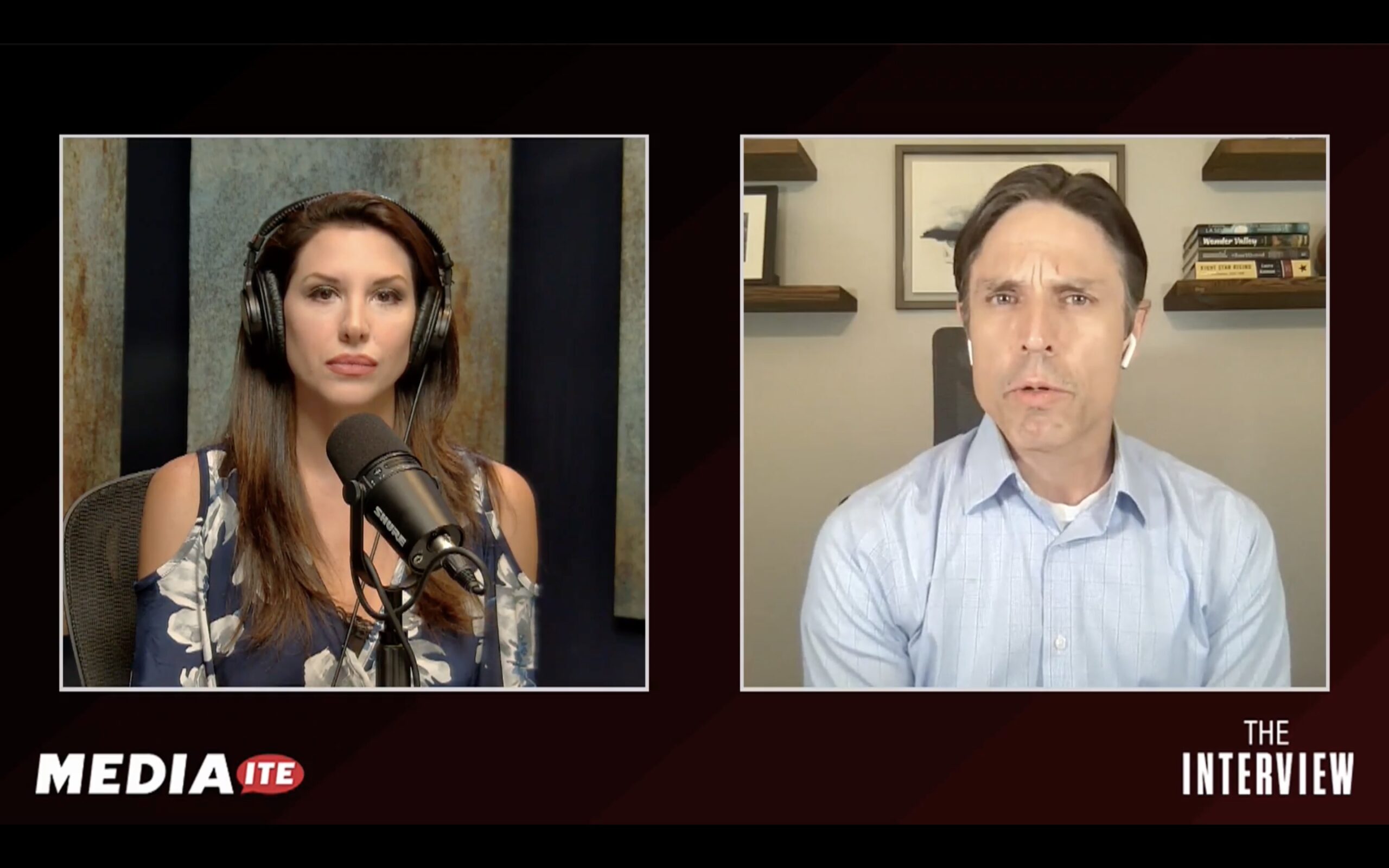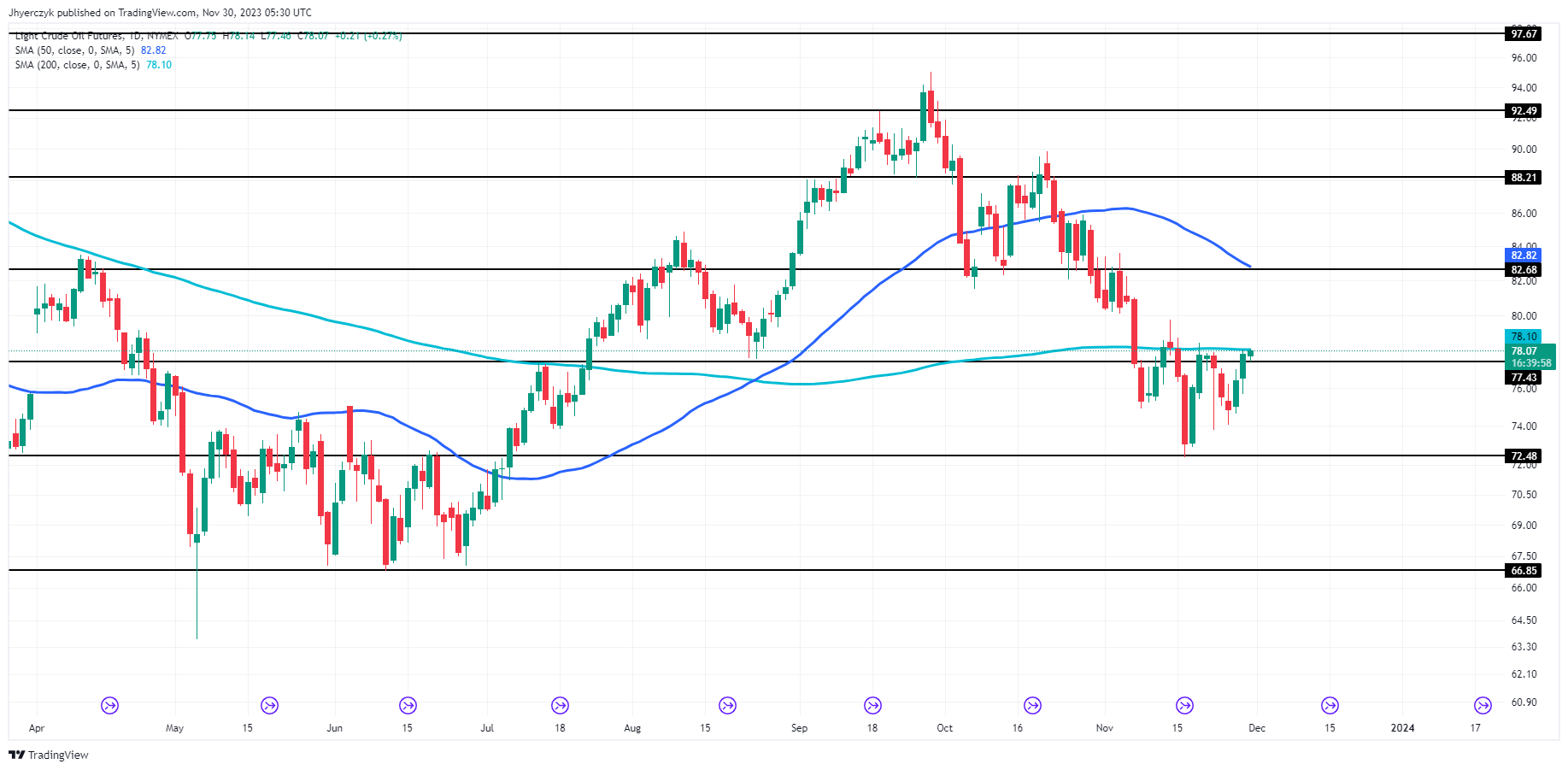FTC To Appeal Microsoft-Activision Deal Ruling: What's Next?

Table of Contents
Understanding the FTC's Concerns Regarding the Microsoft-Activision Deal
The FTC's primary objection to the Microsoft-Activision merger centers on its potential to stifle competition and harm consumers. Their arguments boil down to a concern that Microsoft's acquisition of Activision Blizzard, the creator of hugely popular franchises like Call of Duty, World of Warcraft, and Candy Crush, would give Microsoft an unfair advantage in the gaming market.
-
Reduced competition in the gaming console market: The FTC argues that the merger would give Microsoft undue control over key game titles, potentially harming competition with Sony's PlayStation and Nintendo's Switch. This could lead to less innovation and higher prices for consumers.
-
Potential harm to consumers through higher prices or less choice: By consolidating control over popular games, the FTC worries that Microsoft could raise prices, limit access to certain titles on competing platforms, or degrade the quality of games available on rival consoles.
-
Concerns about Microsoft's control over popular game franchises like Call of Duty: Call of Duty is a significant revenue generator, and the FTC fears that Microsoft could make it exclusive to Xbox, severely impacting PlayStation players and potentially forcing them to switch ecosystems.
-
Discussion of the FTC's definition of the relevant market: The FTC's case hinges on its definition of the relevant market. A narrow definition (focusing solely on console gaming) strengthens their argument, while a broader definition (including PC and mobile gaming) could weaken it. This point of contention will likely be heavily debated throughout the appeal process.
The FTC isn't alone in its scrutiny. Regulatory bodies in the EU and the UK have also conducted extensive reviews, raising similar concerns about the potential anti-competitive effects of the merger.
Microsoft's Defense and Counterarguments
Microsoft has vigorously defended the merger, arguing that it will ultimately benefit consumers. Their counterarguments focus on expanding gaming accessibility and fostering innovation.
-
Claims the merger will benefit consumers through broader access to games: Microsoft highlights its commitment to expanding Game Pass, its subscription service, arguing that this will give more players access to a wider range of games, including Activision Blizzard titles.
-
Arguments against the FTC's market definition: Microsoft contests the FTC's narrow market definition, arguing that the gaming landscape is far more diverse and competitive than the FTC suggests, encompassing PC gaming, mobile gaming, and cloud gaming.
-
Commitments made by Microsoft to mitigate concerns (e.g., Call of Duty deals): Microsoft has offered long-term agreements to keep Call of Duty on PlayStation, attempting to address the FTC's concerns about exclusivity. The FTC, however, might argue these commitments are insufficient.
-
Focus on the expansion of Game Pass and increased competition: Microsoft emphasizes that Game Pass increases competition by offering a compelling alternative to traditional game purchases, benefiting consumers through lower costs and more choice.
The Appeal Process and Potential Outcomes
The FTC's appeal will involve a complex legal process, likely taking months, if not years, to resolve. The potential outcomes are threefold:
-
The FTC winning the appeal and blocking the merger: This outcome would be a significant victory for antitrust regulators and could set a precedent for future large-scale mergers in the tech industry.
-
The court upholding the initial ruling and allowing the merger to proceed: This would be a win for Microsoft and Activision Blizzard, solidifying the merger and potentially altering the competitive dynamics within the gaming industry.
-
Potential for a settlement or compromise: Both parties could negotiate a settlement, potentially involving concessions from Microsoft to address the FTC's concerns. This could involve stricter conditions on the integration of Activision Blizzard or further commitments to ensure fair competition.
The timeline for the appeal is uncertain, but precedent-setting cases of similar magnitude often take considerable time to navigate the legal system. Arguments will likely heavily rely on previous antitrust cases and interpretations of existing legislation.
Impact on the Gaming Industry and the Future of Mergers and Acquisitions
The outcome of the FTC's appeal will have profound implications for the gaming industry and the broader tech sector.
-
Potential shifts in regulatory approaches to large-scale mergers: A successful FTC appeal could signal a tougher stance on mergers and acquisitions, particularly in highly concentrated markets. This could lead to increased scrutiny of future deals and potentially discourage large-scale consolidation.
-
Impact on the future of game development and distribution: The outcome will influence the future of game development, distribution, and pricing models. Increased regulatory oversight might limit the potential for exclusive deals and encourage a more diversified market.
The decision will set a precedent impacting not only the video game industry but also other technologically driven markets prone to consolidation.
Conclusion: What's Next for the Microsoft-Activision Deal After the FTC Appeal?
The FTC's appeal of the Microsoft-Activision merger highlights the ongoing tension between innovation and competition in the tech industry. The FTC's concerns about reduced competition and potential harm to consumers are countered by Microsoft's arguments about increased access and innovation through Game Pass. The appeal process will be lengthy and complex, with significant implications for the gaming industry and the broader application of antitrust law. The potential outcomes—blocking the merger, allowing it to proceed, or reaching a compromise—will shape the future of gaming for years to come.
To stay informed about the latest developments regarding the FTC to Appeal Microsoft-Activision Deal Ruling, search for updates using terms like "Microsoft Activision merger appeal," or "FTC Activision lawsuit," and consider subscribing to relevant technology news sources. The unfolding of this case promises to be pivotal in determining the future of large-scale mergers within the gaming sector and beyond.

Featured Posts
-
 Impact Of Anti Trump Sentiment On Australias National Election
May 05, 2025
Impact Of Anti Trump Sentiment On Australias National Election
May 05, 2025 -
 Anna Kendricks Age Revealed A Milestone That Stuns Fans
May 05, 2025
Anna Kendricks Age Revealed A Milestone That Stuns Fans
May 05, 2025 -
 Ray Epps Defamation Lawsuit Against Fox News Details Of The January 6th Case
May 05, 2025
Ray Epps Defamation Lawsuit Against Fox News Details Of The January 6th Case
May 05, 2025 -
 Will Big Oil Yield Opec Decision And The Future Of Oil Production
May 05, 2025
Will Big Oil Yield Opec Decision And The Future Of Oil Production
May 05, 2025 -
 Andrew Cuomos Undisclosed Nuclear Stock Options A 3 Million Investment
May 05, 2025
Andrew Cuomos Undisclosed Nuclear Stock Options A 3 Million Investment
May 05, 2025
Latest Posts
-
 Get The Look Anna Kendricks Sparkling Shell Crop Top
May 05, 2025
Get The Look Anna Kendricks Sparkling Shell Crop Top
May 05, 2025 -
 Anna Kendricks Shell Crop Top The Perfect Summer Look
May 05, 2025
Anna Kendricks Shell Crop Top The Perfect Summer Look
May 05, 2025 -
 Celebrity Style Inspiration Anna Kendricks Must Have Shell Top
May 05, 2025
Celebrity Style Inspiration Anna Kendricks Must Have Shell Top
May 05, 2025 -
 Dispelling Rumors Another Simple Favor Director On Lively And Kendricks Relationship
May 05, 2025
Dispelling Rumors Another Simple Favor Director On Lively And Kendricks Relationship
May 05, 2025 -
 Blake Lively And Anna Kendricks Another Simple Favor Director Sets The Record Straight
May 05, 2025
Blake Lively And Anna Kendricks Another Simple Favor Director Sets The Record Straight
May 05, 2025
